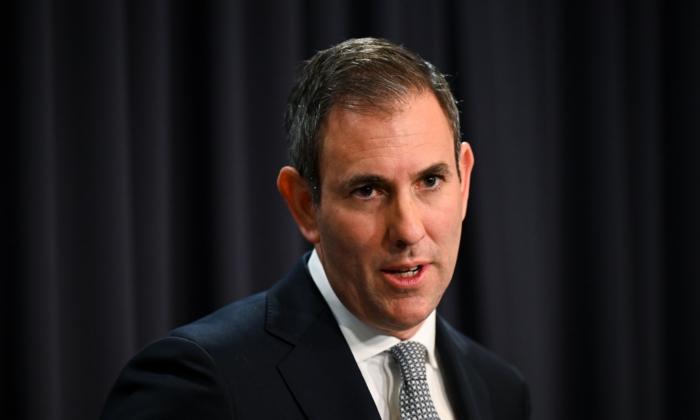Australian Treasurer Jim Chalmers expects to see some progress on the global minimum tax reform in the coming days as he flies to India to attend a major G20 meeting.
G20 financial ministers and reserve bank governors will gather at Gandhinagar, India, from July 17-18 to discuss crucial issues concerning the global economy.
One major issue to be discussed at the meeting is the adoption of a set of international tax rules, which introduces a global minimum tax to address problems arising from the digitalisation of the global economy.
During an interview with the Australian Broadcasting Corporation before heading to India, Mr. Chalmers remained optimistic about the progress of the tax reform.
“There’s a program from the OECD (Economic Co-operation and Development)–governments of both persuasions here in Australia have participated in that.
“And ideally, at these G20 meetings of economic ministers and central bank governors, ideally, we will advance that agenda a bit further.”

The treasurer noted that Australia had made preparations in relation to domestic policies to facilitate international tax reform.
He also believed that Australia would benefit from the extra US$220 billion (AU$323 billion) in estimated global tax revenue generated by the introduction of an international minimum tax targeting multinational companies.
What is the Global Minimum Tax
The global minimum tax is part of the OECD’s domestic tax base erosion and profit-shifting project that aims to resolve the issue of multinational enterprises exploiting the differences in countries’ tax systems to avoid tax.In addition, countries would be able to impose a top-up tax on resident multinational companies if their income is taxed below 15 percent overseas.
This would deter multinational companies from setting up bases or branches in tax havens to maximise their profits.
However, it will result in countries that rely on tax incentives losing their advantage and suffering from investment losses.
Furthermore, as a parent jurisdiction can impose a top-up tax on resident multinational companies, overseas countries offering tax incentives may see an outflow of tax revenue.
However, the proposed changes have not become law.
So far, over 135 countries have agreed to collaborate on implementing international tax reform.





